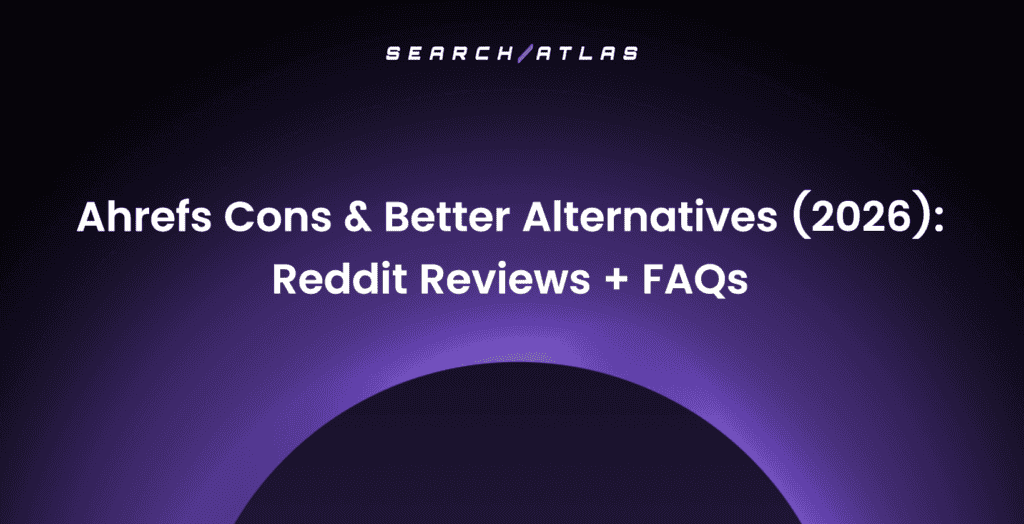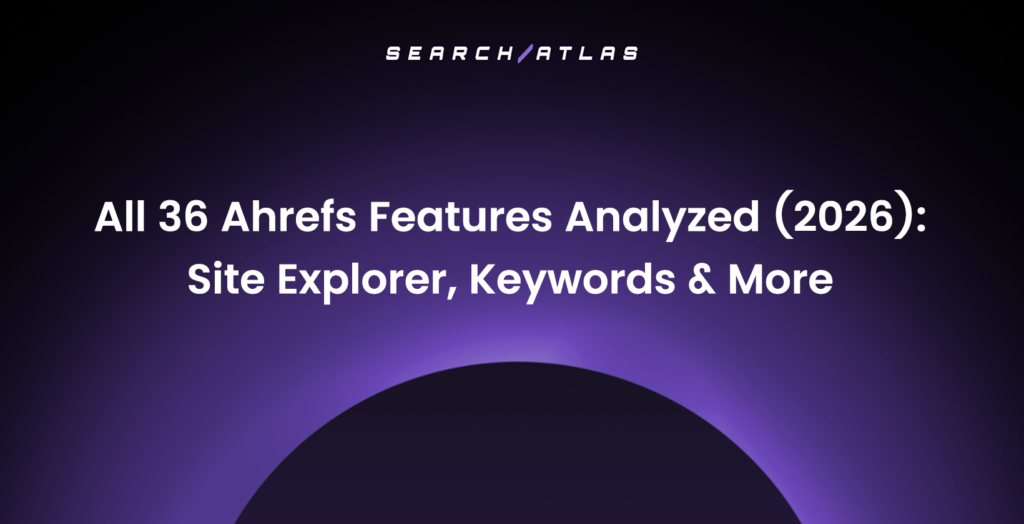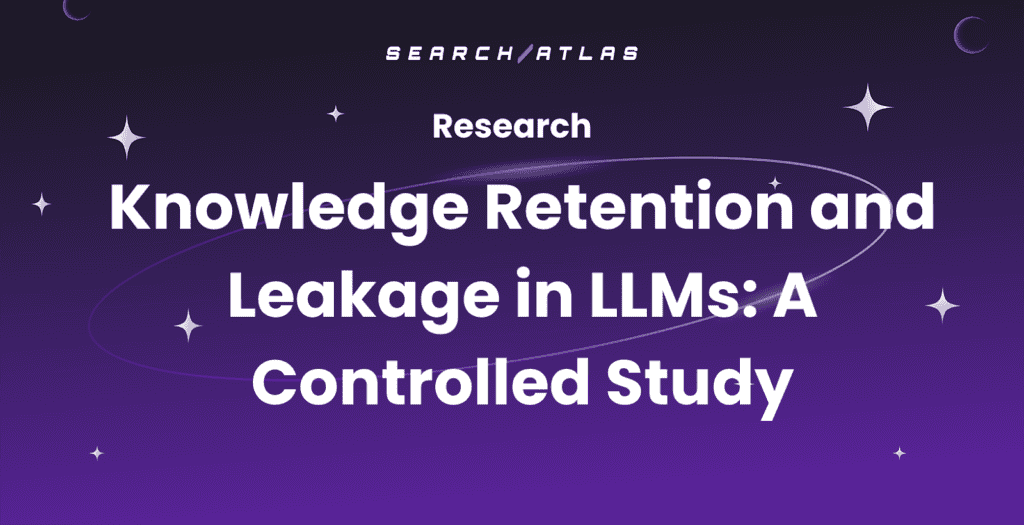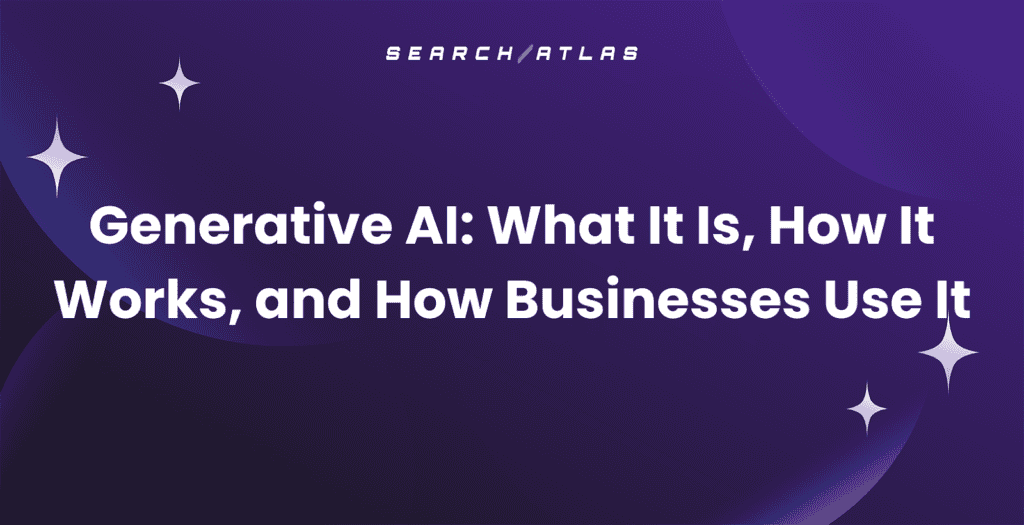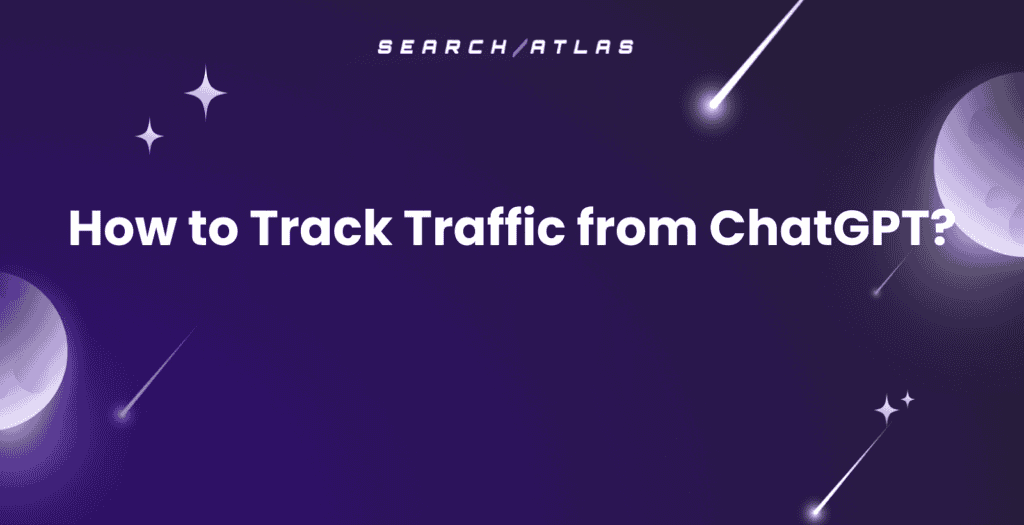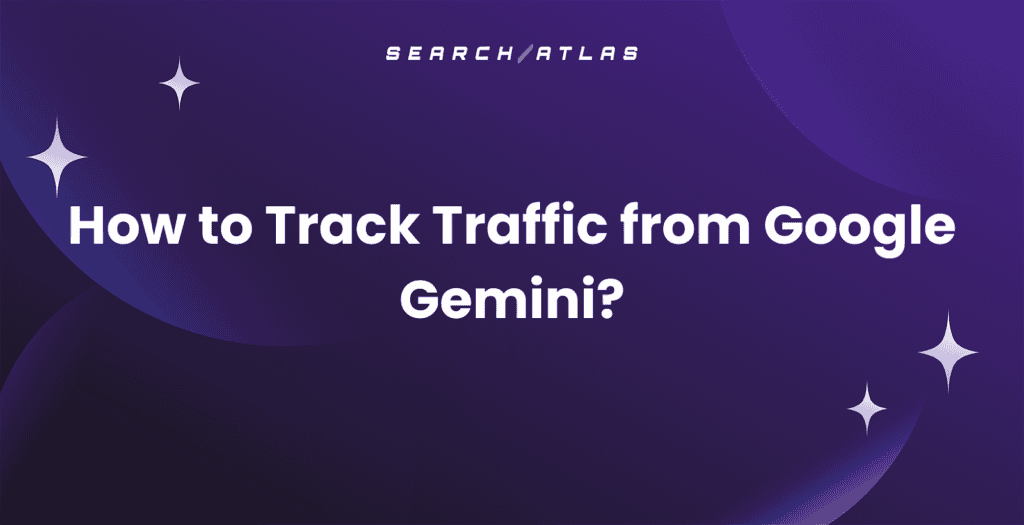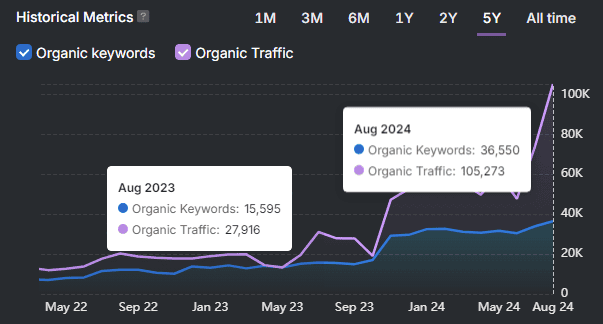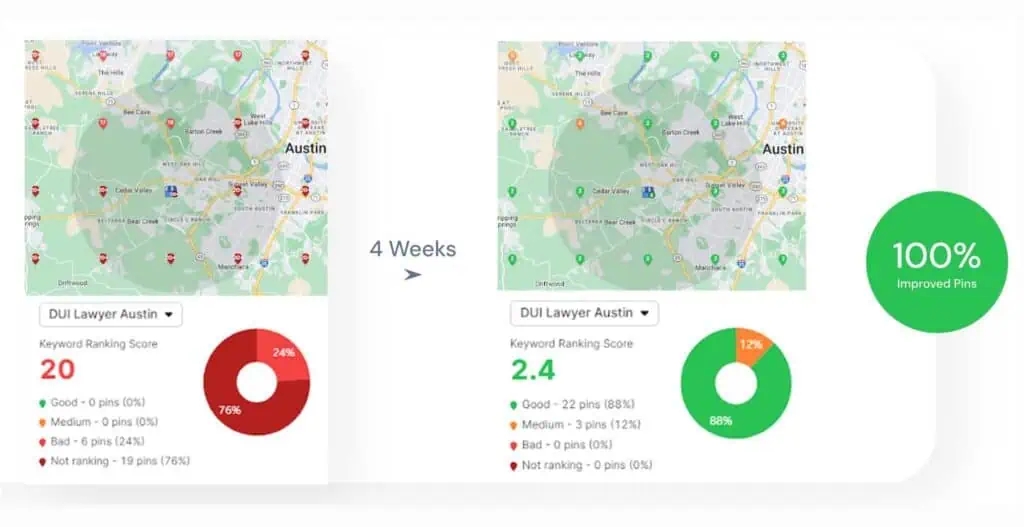Claude represents a family of large language models developed by Anthropic. Claude delivers advanced conversational AI capabilities. This AI model assists users with complex tasks (research, analysis, problem-solving), creative writing, and data analysis.
Claude offers a powerful platform for applications across 15+ industries (customer service, content creation, data analysis). The platform enhances productivity and innovation across 15+ industries. Claude continues to evolve with new versions and features.
What is Claude?
Claude is a leading artificial intelligence model created by Anthropic. Claude processes natural language inputs. It generates human-like text responses. This AI model excels at understanding context, summarizing information, and engaging in detailed conversations.
Claude utilizes deep learning architectures. These architectures enable sophisticated reasoning. The model delivers accurate and relevant outputs. Claude enables a wide range of users, from individuals to large enterprises.
What are the Main Claude Models?
Anthropic develops 5 distinct Claude models. Each model offers specific strengths and performance levels. The types are listed below.
- Claude Haiku 4.5: Claude Haiku 4.5 delivers fast and efficient performance. This model handles quick, straightforward tasks (email drafting, simple queries, data extraction). It offers a cost-effective solution for high-volume applications.
- Claude Sonnet 4.5: Claude Sonnet 4.5 balances speed with intelligence. This model suits general-purpose applications (summarization, translation, basic content generation). It performs well in tasks requiring moderate complexity and reasoning.
- Claude Opus 4.1: Claude Opus 4.1 represents the most powerful model. This model excels at highly complex tasks. It delivers advanced reasoning, problem-solving, and creative generation capabilities.
- Claude 3.7: Claude 3.7 offers a robust previous generation model. This model delivers strong performance for use cases including content summarization, basic coding assistance, and general Q&A. It remains a reliable option for established systems.
- Claude 3.5: Claude 3.5 delivers another capable prior iteration. This model enables applications across 15+ industries. It offers a solid foundation for AI-driven solutions.
What is the Claude Price?
The pricing structure of Claude varies based on the specific model and usage. Anthropic offers different tiers for its AI models. These tiers include free access for basic use and paid plans for advanced features.
Pricing typically involves a per-token cost. This cost applies to both input and output tokens. Larger context windows and higher-tier models incur higher costs. Users select a plan that matches their operational needs and budget.
What are the Claude Features?
Claude offers a comprehensive set of features designed for advanced AI interaction. These capabilities enhance user experience, expand application possibilities, and empower developers to build sophisticated solutions. Below, we delve into each core feature, explaining its purpose and how it functions to deliver unparalleled AI performance.
Claude Conversational AI
Claude Conversational AI represents the foundational capability that allows users to engage with the model in a natural, human-like dialogue. This feature is built upon sophisticated Natural Language Understanding (NLU) and Natural Language Generation (NLG) technologies, enabling Claude to comprehend complex queries, infer user intent, and produce coherent, contextually relevant responses. It goes beyond simple question-and-answer interactions by maintaining conversation history, allowing for extended, multi-turn dialogues where the AI remembers previous statements and adapts its responses accordingly. This creates a fluid and intuitive user experience, making Claude an ideal engine for advanced chatbots, virtual assistants, and interactive content platforms. Its ability to understand nuances, sarcasm, and implicit meanings makes interactions feel less like talking to a machine and more like conversing with an intelligent entity, significantly enhancing user engagement and satisfaction across a wide range of applications.
Claude Multimodal Interaction
Claude’s Multimodal Interaction capabilities extend its understanding and generation beyond mere text to encompass various data types, including images and potentially audio inputs. This feature allows Claude to process and integrate information from different sensory modalities simultaneously, leading to a richer and more versatile interaction experience. For instance, a user could provide an image along with a text prompt asking Claude to describe specific elements within that image, or to generate a caption that accurately reflects its content and context. The underlying architecture fuses these diverse data streams, enabling Claude to develop a holistic understanding of the input. This capability is crucial for applications requiring a comprehensive grasp of real-world scenarios, such as content creation that combines visual and textual elements, advanced data analysis involving mixed media, or user support systems that can interpret visual cues alongside written queries, thereby broadening the scope of problems Claude can effectively address.
Claude Vision Capabilities
Claude’s Vision Capabilities are a specialized aspect of its multimodal interaction, focusing specifically on the interpretation and analysis of visual content. This feature empowers the model to “see” and understand images, extracting meaningful information from pixels and translating it into actionable insights or descriptive text. Claude can perform a wide array of vision-related tasks, including describing the overall scene of an image, identifying specific objects, people, or text within it, and answering complex questions about visual data. For example, a user could upload a photograph and ask, “What kind of animal is this?” or “Describe the setting of this picture.” This functionality is powered by advanced computer vision models integrated with Claude’s core language capabilities, allowing for seamless reasoning across visual and textual domains. Applications range from enhancing accessibility for visually impaired users by generating detailed image descriptions to automating content moderation, performing visual search, and assisting in scientific research by analyzing visual data sets.
Claude Large Context Window (200K tokens)
The Claude Large Context Window is a standout feature, allowing the model to process and “remember” an extensive amount of information within a single interaction, specifically up to 200,000 tokens. To put this into perspective, 200,000 tokens can equate to hundreds of pages of text, such as an entire novel, a lengthy legal brief, or a substantial codebase. This massive capacity significantly enhances Claude’s ability to perform deep analysis of long documents and complex datasets without losing track of crucial details or overarching themes. Unlike models with smaller context windows that require information to be chunked or summarized, Claude can maintain a comprehensive understanding of vast inputs, enabling it to generate more accurate summaries, draw more nuanced comparisons, extract highly specific information, and engage in prolonged, context-aware conversations. This feature is invaluable for tasks like comprehensive research, detailed document review, debugging large software projects, and maintaining continuity in very long discussions, drastically improving efficiency and the quality of AI-driven insights.
Claude Files API & PDF Support
Claude’s Files API and PDF Support provide a streamlined and efficient mechanism for users and developers to directly upload and process various document formats within the Claude environment. This feature eliminates the need for manual copy-pasting or complex data preparation, allowing for direct ingestion of files such as PDFs, plain text files, code files, and potentially other common document types. When a file is uploaded via the API or a user interface, Claude intelligently extracts the textual content and, where applicable, structural information, making it immediately available for analysis, summarization, question-answering, or content generation. This capability is particularly beneficial for tasks involving large volumes of documentation, legal contracts, research papers, or code repositories. By simplifying data ingestion, Claude Files API and PDF Support significantly accelerate workflows for data analysis, content creation, and information retrieval, enabling users to leverage Claude’s intelligence on their existing document assets with minimal effort.
Claude Coding Proficiency
Claude’s Coding Proficiency equips the AI with a robust understanding and capability in various programming tasks, making it a valuable assistant for developers, students, and even non-technical users. This feature allows Claude to generate code snippets or entire functions based on natural language descriptions, debug errors by identifying logical flaws or syntax issues, and provide clear, concise explanations of complex algorithms or programming concepts. It supports multiple popular programming languages, including Python, JavaScript, Java, and more, demonstrating versatility across different development environments. Users can describe a desired function, and Claude can write the corresponding code; they can paste problematic code, and Claude can suggest fixes; or they can ask for an explanation of a specific data structure, and Claude can break it down. This proficiency not only accelerates development cycles by automating routine coding tasks but also serves as an excellent educational tool, helping users learn new languages or understand intricate programming logic, thereby significantly boosting productivity and fostering skill development.
Claude Tool Use & Function Calling
Claude’s Tool Use and Function Calling capabilities represent a significant leap beyond mere text generation, enabling the model to interact with external systems and perform real-world actions. This feature allows Claude to identify when a user’s request necessitates information or an action that lies outside its internal knowledge base, and then programmatically “call” predefined external functions or “tools” to fulfill that need. Developers can define a set of tools (e.g., an API to fetch real-time stock prices, a database query function, an email sending service, or a web search tool) and describe their functionalities to Claude. When a user asks a question like “What’s the weather in London?” or “Book a meeting for tomorrow,” Claude can determine the appropriate tool to use, extract the necessary arguments (like “London” or “tomorrow”), execute the tool, and then process its output to formulate an accurate response or complete the requested action. This integration transforms Claude into a powerful agent capable of extending its intelligence into practical, actionable workflows across various software systems and web services.
Claude Agentic Workflows
Claude’s Agentic Workflows empower the model to act as an autonomous agent, capable of planning, executing, and monitoring multi-step processes to achieve complex goals. This feature goes beyond simple tool use by enabling Claude to break down a high-level objective into a series of smaller, manageable tasks, determine the optimal sequence for their execution, and then carry out each step, often leveraging its Tool Use capabilities. For instance, if a user asks Claude to “Research the latest trends in renewable energy and summarize them,” Claude might first use a web search tool to gather information, then process and filter the results, identify key trends, and finally synthesize this information into a coherent summary. Throughout this process, Claude can monitor its progress, handle unexpected errors or ambiguities, and dynamically adapt its plan to ensure the final objective is met. This capability is transformative for automating complex business processes, conducting in-depth research, managing projects, and performing intricate data analysis, allowing Claude to tackle sophisticated challenges that require sustained, intelligent action over time.
Claude Artifacts
Claude Artifacts are a specialized output format designed to deliver structured, actionable data directly within the user interface, making it easier for developers and data scientists to integrate Claude’s outputs into their workflows. Unlike standard conversational text, artifacts are distinct, formatted blocks of content that represent concrete results, such as code snippets, JSON objects, Markdown tables, or other structured data. When Claude generates an artifact, it’s often presented in a separate, interactive pane or section, allowing users to easily copy the content, inspect its structure, or directly download it. For example, if Claude generates a Python function, it might appear as a clearly delineated code block that can be copied with a single click. If it extracts data into a JSON format, that JSON object is presented cleanly. This feature significantly enhances developer productivity by providing ready-to-use data structures and code, streamlining the process of building applications, analyzing data, or automating tasks, thereby bridging the gap between AI-generated insights and practical implementation.
Claude Computer Use (Beta)
Claude Computer Use (Beta) is an experimental yet highly promising feature that grants the model the ability to interact with a virtual desktop environment, simulating human interaction with a graphical user interface. This capability allows Claude to perform tasks directly on a simulated computer, expanding its operational scope beyond text-based interactions or API calls. Essentially, Claude can “see” the virtual screen, interpret visual elements, click on buttons, type into text fields, navigate websites, and operate applications within this controlled environment. For example, Claude could be instructed to “Go to this website, fill out this form, and submit it,” or “Open this spreadsheet and extract specific data.” This feature is a significant step towards more autonomous AI agents, enabling Claude to automate complex tasks that traditionally require a human to operate a computer, such as web scraping, data entry, software testing, or interacting with legacy systems that lack modern APIs, thereby unlocking new levels of automation and efficiency.
Claude Memory Function (Beta)
The Claude Memory Function (Beta) is an advanced capability designed to enable the model to retain and recall information across multiple sessions, extending its “memory” beyond the immediate context window of a single conversation. This feature allows Claude to build a persistent understanding of a user’s preferences, past interactions, specific facts, or ongoing projects over time. Instead of starting each conversation from scratch, Claude can leverage this long-term memory to provide a more personalized, continuous, and efficient experience. For instance, if a user frequently discusses a particular project, Claude can remember the details and context of that project in subsequent interactions, eliminating the need for repeated briefings. This persistent memory is crucial for developing truly intelligent personal assistants, long-term research partners, or specialized domain experts, as it allows the AI to learn and adapt to individual users, fostering deeper engagement and more effective problem-solving over extended periods.
Claude Customizable System Prompts
Claude’s Customizable System Prompts offer a powerful mechanism for users and developers to precisely define and control the model’s overall behavior, persona, and constraints before any user interaction begins. This feature allows for the injection of initial, high-level instructions that dictate how Claude should respond, what tone it should adopt, what safety guidelines it must adhere to, or what output format it should use. For example, a system prompt could instruct Claude to “Act as a helpful, empathetic customer service agent,” “Always respond in a concise, bullet-point format,” or “Never discuss political topics.” These prompts act as a foundational layer of instruction, guiding Claude’s responses throughout an entire session or application. This fine-grained control is invaluable for tailoring Claude to specific use cases, ensuring brand consistency, enforcing ethical boundaries, and optimizing the AI’s performance for a vast array of specialized applications, making it highly adaptable to diverse operational needs.
Claude Enterprise Data Privacy & Security
Claude’s Enterprise Data Privacy and Security features underscore Anthropic’s commitment to safeguarding sensitive information, making it a trusted choice for businesses and organizations handling confidential data. This robust framework ensures that all data processed by Claude adheres to stringent security protocols and complies with major industry standards and regulations, such as GDPR (General Data Protection Regulation), HIPAA (Health Insurance Portability and Accountability Act), and CCPA (California Consumer Privacy Act). Key measures include end-to-end data encryption (both at rest and in transit), strict access controls, regular security audits, and a commitment to data minimization. Anthropic designs its infrastructure and operational processes with privacy by design principles, ensuring that enterprise data remains confidential, protected from unauthorized access, and handled in a manner that respects user privacy and regulatory mandates. This comprehensive approach provides businesses with the confidence to integrate Claude into their critical operations, knowing their sensitive information is secure.
Claude Constitutional AI
Constitutional AI is a groundbreaking and unique training methodology developed by Anthropic, specifically designed to guide Claude’s ethical behavior and align its actions with human values. Instead of relying solely on extensive human feedback, which can be costly and prone to human biases, Constitutional AI empowers Claude to self-correct its responses against a predefined “constitution” of principles. This constitution comprises a set of rules and guidelines (e.g., “be helpful,” “be harmless,” “don’t generate biased content,” “avoid illegal activities”). When Claude generates a response, it internally evaluates that response against these principles. If a violation is detected, Claude revises its own output to better adhere to the constitutional rules. This iterative self-correction process helps the AI develop a robust and intrinsic understanding of ethical boundaries, promoting safer, fairer, and more transparent outputs. It significantly reduces the need for extensive human oversight in safety alignment, making Claude a more reliable and ethically responsible AI model for a wide range of applications.
Claude Multilingual Support
Claude’s Multilingual Support is a critical feature that enables the model to process and generate text in a wide array of human languages, facilitating global communication and serving diverse user bases across different regions. Trained on vast and diverse linguistic datasets, Claude can comprehend the nuances, idioms, and cultural contexts of numerous languages, including but not limited to English, Spanish, French, German, Japanese, and many others. This capability allows users to interact with Claude in their native tongue, receive accurate translations, summarize content from various linguistic sources, and generate text tailored for specific international audiences. For businesses operating globally, multilingual support is invaluable for customer service, content localization, market research, and internal communication, breaking down language barriers and ensuring that Claude’s powerful AI capabilities are accessible and effective for users worldwide, regardless of their primary language.
Claude API Integration
Claude’s API Integration provides developers with programmatic access to the full suite of Claude’s advanced capabilities, allowing them to seamlessly embed the AI’s intelligence into their own applications, products, and services. Anthropic offers a robust and well-documented Application Programming Interface (API) that enables developers to send prompts to Claude and receive responses in a structured, machine-readable format. This programmatic access is the cornerstone for building custom AI solutions, such as intelligent chatbots, automated content generation systems, advanced data analysis tools, personalized recommendation engines, and more. The API handles the complexities of model inference, scaling, and security, allowing developers to focus on creating innovative user experiences without needing to build or manage the underlying AI model infrastructure. This flexibility and ease of integration make Claude a powerful backend for a vast ecosystem of AI-powered applications, accelerating development cycles and fostering innovation across industries.
Claude Cloud Integrations
Claude’s Cloud Integrations ensure seamless compatibility and optimized performance within major cloud computing environments, making it easy for businesses to deploy and scale Claude-powered applications using their existing infrastructure. Anthropic designs Claude’s services to work harmoniously with leading cloud providers such as Amazon Web Services (AWS), Google Cloud Platform (GCP), and Microsoft Azure. This means that organizations can leverage their established cloud accounts, security policies, monitoring tools, and deployment pipelines to integrate Claude efficiently. These integrations simplify the process of managing resources, handling data storage, and scaling applications to meet fluctuating demand. By operating within familiar cloud ecosystems, businesses benefit from the reliability, global reach, and robust security features offered by these platforms, ensuring that Claude-driven solutions are not only powerful but also enterprise-ready, scalable, and maintainable within a modern cloud architecture.
Claude Desktop and Mobile Apps
Claude’s Desktop and Mobile Apps provide convenient and optimized access to the AI’s capabilities across a variety of personal devices, enhancing flexibility and accessibility for individual users. Beyond web interfaces and APIs, users can interact with Claude through dedicated native applications available for desktop operating systems (like Windows and macOS) and mobile platforms (such as iOS and Android). These applications are designed to offer an enhanced user experience, often incorporating device-specific features, intuitive interfaces, and potentially even some offline capabilities for certain functions. Whether a user is working on a laptop, a smartphone, or a tablet, these apps ensure that Claude’s powerful conversational AI, content generation, and analytical tools are readily available and perform optimally. This multi-platform availability caters to diverse user preferences and workflows, making Claude a versatile and accessible AI companion for productivity, learning, and creative tasks on the go.
Claude Conversation History
Claude’s Conversation History feature provides a persistent and easily accessible record of all past interactions a user has had with the AI. This capability automatically stores a log of previous dialogues, allowing users to revisit discussions, retrieve specific information, or seamlessly pick up where they left off in an ongoing task or project. The ability to review past conversations is crucial for maintaining continuity, tracking progress on complex assignments, and recalling previously generated insights or advice. For instance, if a user was working on a research project over several days, they could easily refer back to earlier discussions with Claude to consolidate information or refresh their memory on specific details. This feature significantly enhances the user experience by creating a sense of continuity and personalized interaction, making Claude a more effective and reliable partner for long-term engagement and knowledge management.
How Does Claude Work?
Claude operates on a sophisticated neural network architecture. This architecture processes input data through multiple layers. It identifies patterns and generates coherent responses. The model learns from vast datasets of text and code.
The operational process involves tokenization, encoding, and decoding. Tokenization breaks down input into smaller units. Encoding transforms these units into numerical representations. Decoding converts the processed information back into human-readable text.
What is ClaudeBot?
ClaudeBot refers to an application or interface utilizing the Claude AI model. ClaudeBot delivers a conversational agent experience. It enables users to interact with Claude through a chat-like interface. This bot automates customer service, delivers information, and assists with tasks (scheduling, data retrieval, Q&A).
What is Constitutional AI?
Constitutional AI is a training methodology developed by Anthropic. This methodology guides AI models to follow a set of principles. It ensures the AI behaves ethically and safely. The principles prevent the AI from generating harmful or biased content.
Constitutional AI involves a self-correction process. The AI reviews its own responses against a “constitution” of rules. It then revises responses that violate these rules. This approach reduces the need for extensive human oversight.
How Accurate is Claude?
Claude demonstrates high accuracy across a wide range of tasks (factual questions, summarization, creative writing). The model delivers precise answers to factual questions. It generates relevant and contextually appropriate text. Accuracy levels vary based on the complexity of the query and the specific Claude model used.
Claude Opus 4.1, for example, achieves top performance in benchmarks. It excels in reasoning, coding, and mathematical problems. Continuous training and refinement further enhance the accuracy of Claude models.
What Are the Pros of Claude?
Claude offers several significant advantages for users and developers. These benefits include advanced reasoning, strong ethical guidelines, and a large context window. The types are listed below.
- Superior Reasoning Capabilities: Claude excels at complex problem-solving. It handles intricate logical puzzles, mathematical challenges, and scientific inquiries. This capability delivers deep insights and accurate solutions.
- Ethical AI Framework (Constitutional AI): Claude incorporates Constitutional AI. This framework ensures responsible and safe AI behavior. It minimizes the generation of harmful or biased content.
- Large Context Window: Claude processes extensive amounts of text. Its 200,000-token context window enables for comprehensive document analysis. This feature enables detailed summaries, comparisons, and information extraction from long inputs.
- Multimodal Interaction: Claude understands and generates content across modalities. It processes text, images, and other data types. This versatility expands its application possibilities (content creation, data analysis, user support).
- Strong Coding Proficiency: Claude assists with various coding tasks. It generates code, debugs programs, and explains programming concepts. This proficiency improves developer productivity and learning.
What Are the Cons of Claude?
Claude also presents certain limitations and drawbacks. These include potential cost, occasional hallucinations, and a learning curve. The types are listed below.
- Higher Cost for Advanced Models: Claude Opus 4.1, the most powerful model, incurs higher usage costs. This cost impacts budget-sensitive projects. It requires careful resource management.
- Occasional Hallucinations: Claude, like other AI models, sometimes generates incorrect information. These “hallucinations” require fact-checking. Users must verify critical outputs.
- Learning Curve for Advanced Features: Claude offers many advanced features (tool use, agentic workflows). Mastering these features requires time and effort. New users experience a learning curve.
- Dependency on Internet Connectivity: Claude operates as a cloud-based service. It requires a stable internet connection for full functionality. Offline use remains limited or unavailable.
- Ethical Constraints: The Constitutional AI framework of Claude imposes strict ethical boundaries. These boundaries sometimes limit creative freedom. They prevent the generation of certain types of content.
What is the Claude Rating?
Claude consistently receives high ratings from industry experts and users. Review platforms often give Claude 4.5 out of 5 stars or higher. Users praise its conversational abilities, reasoning power, and ethical safeguards. Benchmarks frequently place Claude among the top-performing AI models.
What do Reddit Users Think About Claude?
Reddit users generally express positive opinions about Claude. Many users highlight its superior reasoning and longer context window. They compare it favorably to other AI models for complex tasks. Some discussions focus on specific use cases (coding, creative writing, research).
How does Claude Treat its Long-term Subscribers?
Claude delivers consistent service and support to its long-term subscribers. Anthropic often offers early access to new features. It delivers dedicated customer support channels. Long-term users benefit from stable pricing and reliable performance.
How Responsive is Claude’s Customer Support?
The customer support of Claude demonstrates strong responsiveness. Anthropic offers support channels (email, forums, documentation). Enterprise clients receive priority support. Response times typically fall within 24 to 48 hours for standard inquiries.
How Reliable and Legit is Claude as an AI Model?
Claude stands as a highly reliable and legitimate AI model. Anthropic, its developer, is a reputable AI safety company. Claude undergoes rigorous testing and ethical review. It delivers consistent performance and adheres to high standards of accuracy.
What is the Best Alternative to Claude?
The best alternative to Claude depends on specific user needs. OpenAI’s ChatGPT (GPT-4) often enables as a primary competitor. ChatGPT offers similar conversational and generative capabilities. It delivers a robust alternative for applications across 15+ industries.
Are There Any Other Claude Alternatives?
Yes, other AI models offer alternatives to Claude. The Gemini models of Google deliver strong multimodal capabilities. The Llama series of Meta offers open-source options. Each alternative presents unique strengths (cost, specific features, community support).
Do AI Professionals Rank Claude Among the Best AI Models?
Yes, AI professionals consistently rank Claude among the best AI models available. Its performance in benchmarks for reasoning, coding, and complex problem-solving is notable. Experts recognize its ethical framework and large context window as significant advantages.
Which Features Are Exclusive to Claude?
Claude offers several features that are unique or highly advanced. Constitutional AI represents a distinct ethical training methodology. The 200,000-token context window is among the largest available. Claude Artifacts deliver a unique way to generate structured outputs.
What Is the Difference Between Claude and Other AI Models?
Claude differentiates itself through its focus on safety, ethics, and advanced reasoning. Other AI models prioritize different aspects (raw speed, specific domain expertise). The Constitutional AI framework of Claude sets it apart in responsible AI development. Its large context window also delivers a competitive edge.
How Does Claude Compare to Gemini or Claude?
Claude compares favorably to the Gemini models of Google in several areas. Claude often excels in complex reasoning tasks and ethical alignment. Gemini offers strong multimodal capabilities and deep integration with the ecosystem of Google. Both models represent leading-edge AI technology.
How is Claude Different from ChatGPT?
Claude differs from ChatGPT in its underlying ethical framework and context window size. Claude utilizes Constitutional AI for safety and alignment. ChatGPT, developed by OpenAI, employs different safety mechanisms. Claude also offers a significantly larger context window than most ChatGPT versions.
How Claude Powers LLM Visibility?
Claude enhances Large Language Model (LLM) visibility through its advanced capabilities. It generates high-quality content for search engine optimization (SEO). It assists with keyword research and content structuring. This improves the ranking and discoverability of LLM-powered applications.
Can You Use Claude Offline?
No, you cannot use Claude offline for its full functionality. Claude operates as a cloud-based service. It requires an active internet connection to access its models and processing power. Limited local versions or specific integrations might offer partial offline capabilities in the future.




